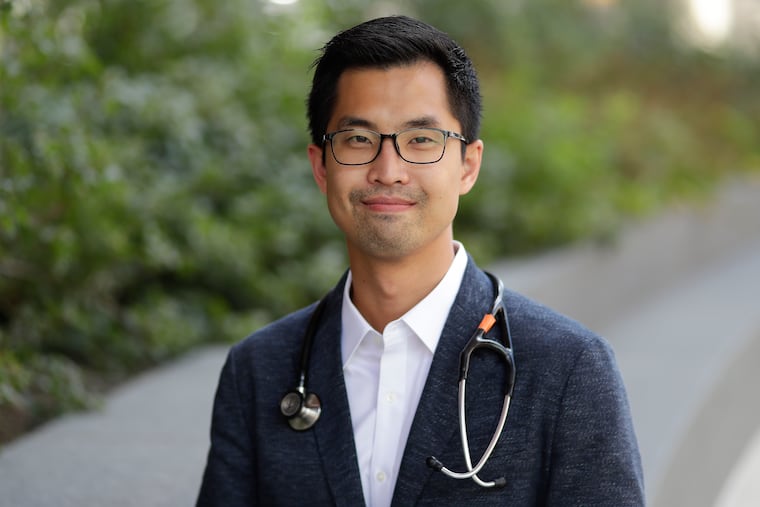What one resident has learned from listening to patients’ stories | Expert Opinion
We have to wonder, why did the patient ask this question? Why did they say no to this medication or intervention?Then if we are lucky, a story may emerge.

One morning recently, a colleague asked me to help him with a patient who was supposed to have surgery the following day.
I was skeptical. The patient was elderly and frail, and impossible to talk to. He refused to make eye contact and ignored our questions.
“He’s having surgery tomorrow?” I asked my colleague once we were out of the room..
“I just can’t get through to him right now,” my colleague said. “Can you come back and talk to him again later?”
I couldn’t see how I could make a difference, but I agreed to do what I could.
After dinner as lights were dimmed and bedtime was nearing, I returned to the patient’s room. He was speaking to a family member on the phone, so I waved hello and stayed in the doorway until he could finish his call. It was one of the few times in my day I could take a break, and I was happy to hang back.
But as I observed, I began to notice the details I had missed earlier. His hair was neatly combed, and he wore wire-rimmed glasses that made him look like a college professor. His gaze was perceptive and analytical. He spoke in resonant, pear-shaped tones as he brought up thoughtful concerns to his wife.
Who was this patient outside of the hospital? What kind of work did he do? The more I wondered, the more curious I became. When I entered the room, I was eager to learn more.
The patient responded in kind. “A heart surgery resident? How much longer have you got?”
“A while,” I said, “but I’m not really counting anymore.”
I asked him whether he understood the procedure he needed. He said yes, then asked me whether we would be using 6-0 Prolene sutures. My surprise apparently registered on my face.
“Oh, I used to sell sutures to heart surgeons in Philadelphia for decades,” he explained.
And just like that we talked about how the city had changed, where the old hospitals had been before the shiny modern behemoths transformed the skyline. He talked about how the incentive structure in medicine does not seem to have the common folks in mind, and how he missed the old days.
By the time I left the room, 30 minutes had gone by. I wished him good luck on his procedure. He wished me good luck on my career.
Sometimes I am asked where I get the stories I write about. I used to think that between the number of hours I spend at the hospital and the diversity of patients I meet, collecting stories was inevitable.
However, now I think it is really more than that. Stories and insights are everywhere, but without the right mindset, I’ve begun to see, I will miss them. I try to look at each encounter as if I were poring over a work of art or a poem. The key insight takes a while to develop, and it happens only if you spend that time to notice and to ponder the seemingly small details. You have to allow yourself to be curious.
Why did the poet choose that particular word? Why did the artist choose this particular scene? Similarly, we have to wonder, why did the patient ask this question? Why did that patient say no to this medication or intervention?
Then, if we are lucky, a story may emerge. We may enter the room with an open mind and the patient may share something unexpected and invaluable. We may get to discover something about our patients, and ultimately, ourselves.
A reflection is a habit of looking at someone or something in a way that transforms a passive experience into an active, meaningful one. It is a form of alchemy that we all possess.
All we have to do is to stay a little longer.
Jason Han is a cardiac surgery resident at a Philadelphia hospital.